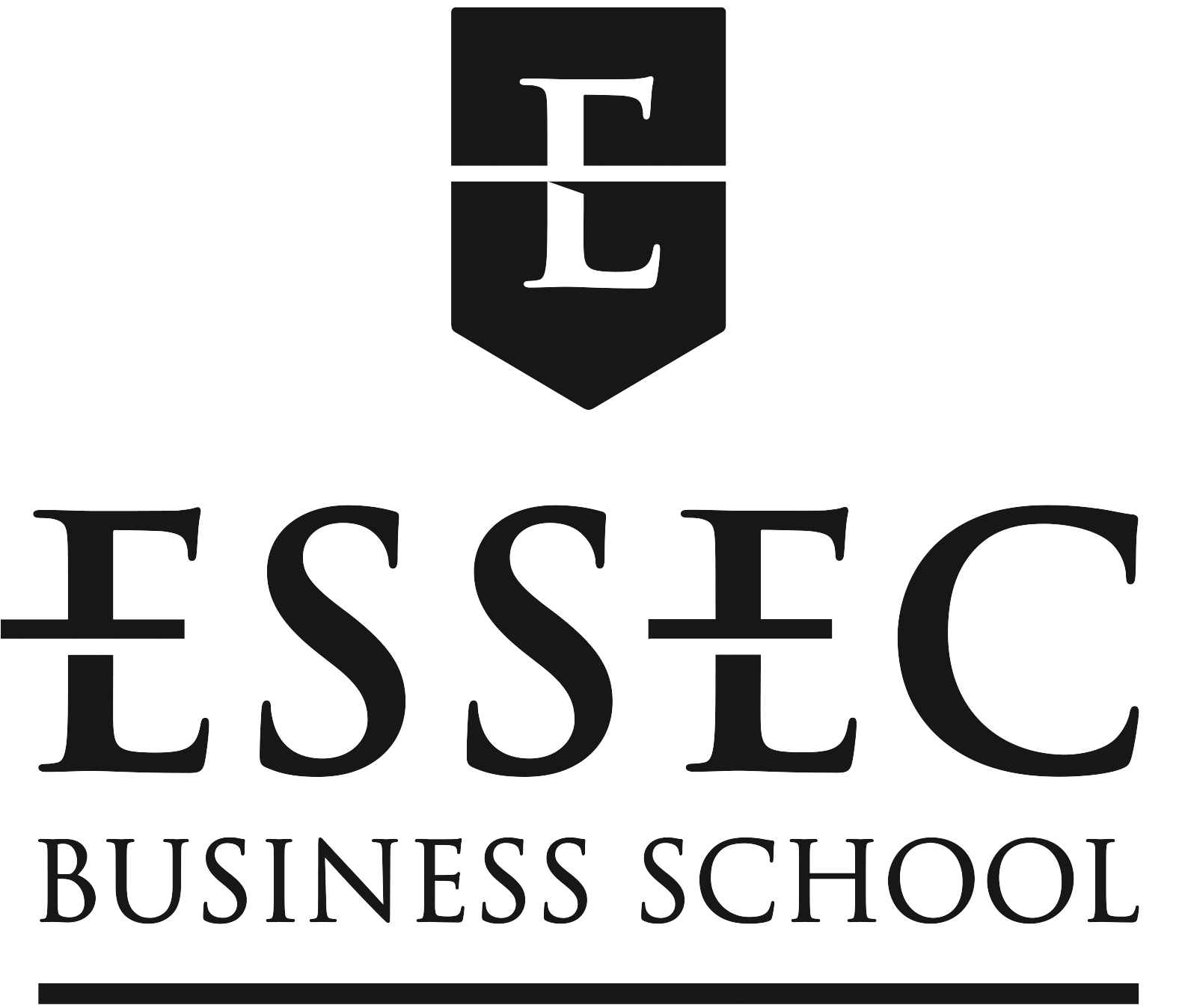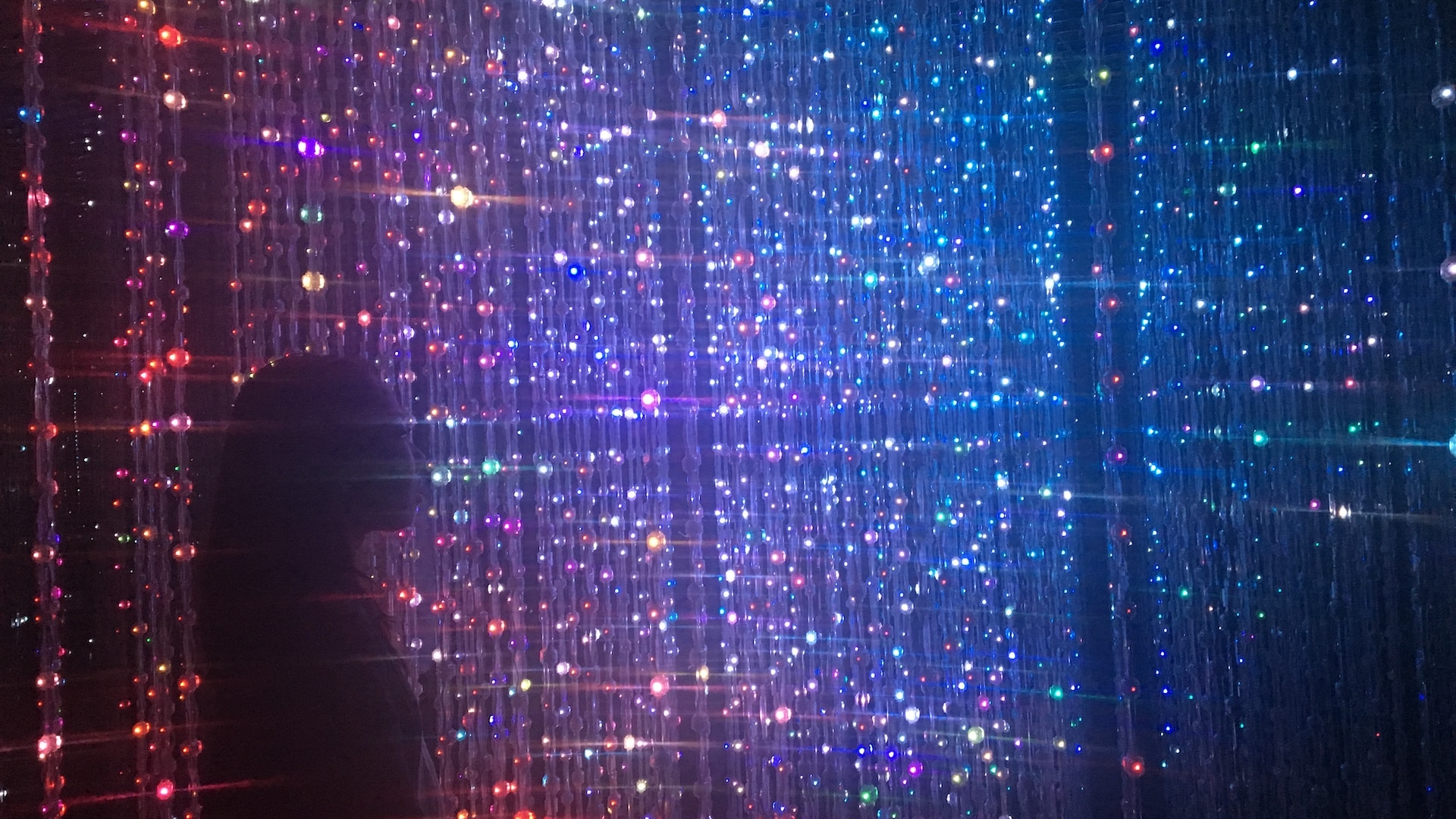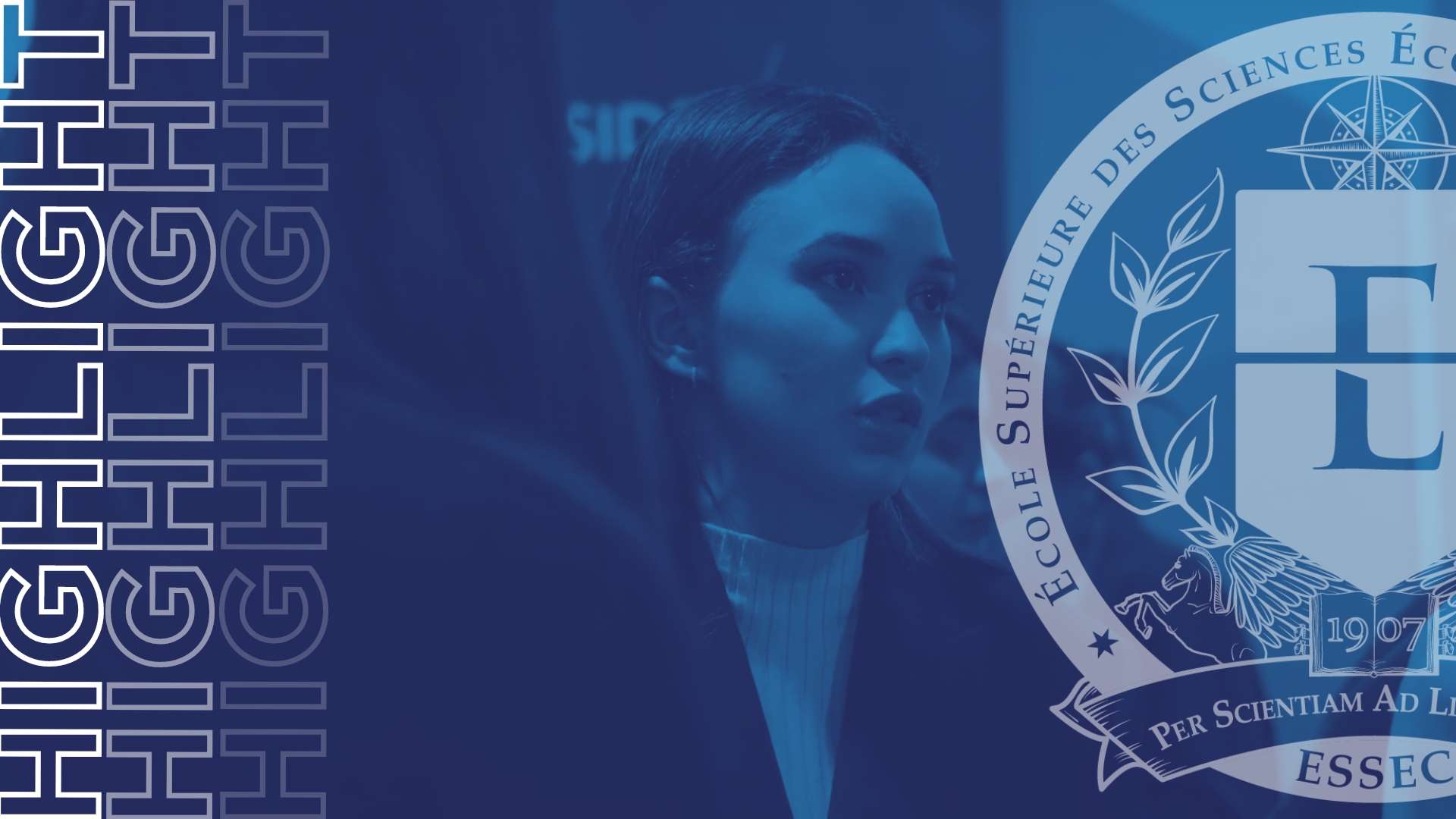- iMagination Week stimulates Master in Management students’ imaginations and encourages creative problem-solving.
- Students practice future-ready skills in solving problems from their topic of choice.
- Conferences drive home the importance of interdisciplinarity in responsible innovation.
In the words of psychologist Abraham Maslow, “If your only tool is a hammer, everything looks like a nail.” This saying is perhaps becoming increasingly relevant to us today.
As society grapples with everything from climate change to quiet quitting and worldwide digital disruptions, one thing is clear: No single instrument will bring success.
To thrive in the future and dent society’s wicked problems, one will need an arsenal of tools—namely critical thinking, creativity, and adaptability. iMagination Week at ESSEC Business School was designed with building this toolbox in mind.
Building the MIM Student Toolbox
Created in 2012 and launched at the ESSEC Asia-Pacific campus in 2016, iMagination Week is a core component of the ESSEC Master in Management (MIM) program.
Over five days, MIM students will attend over six conferences with experts and 20 hours of workshops covering design thinking methodology.
These aim to drive awareness of society’s challenges, encourage reflection, and inspire them to take a stand.
The 2023 edition of iMagination Week, themed “Reshaping the Political Environment in 2050,” took a similar approach and urged students to consider societal trends impacting the future of politics and policies.
Exposure to Diverse Perspectives
The extensive speaker list comprised representatives from a broad spectrum of disciplines, ranging from marine ecologist Dr. Mei Lin Neo and designer-environmentalist Cesar Jung Harada to comedian and drag queen Kumar, actor and host Hossan Leong, street artist Arai Kreva, and more.
“The transdisciplinary aspect of iMagination Week was the most impactful for me because we got insights from people of different industries and trades on how they would approach and solve problems in their worlds,” MIM student Justina Hu shares, noting that this exposure to different perspectives is not something one will ordinarily experience if surrounded by like-minded business students.
Most inspirational for her was hearing from artist, chef, chocolatier, and entrepreneur Janice Wong.
“Commonly, people get stuck doing what they have always been doing and are unwilling to step into the unknown, but Janice was able to take what she had been doing in business, creatively combine this with her dreams of working with chocolate and build her own personal brand,” Justina explains.
Confronting Challenges of the Future
Aligned with the ESSEC learning-by-doing approach, students are also tasked to exercise their creative muscle by working in teams on a responsible innovation project over iMagination Week.
Justina used this opportunity to explore solutions that can alleviate the adverse effects of social media on youth. Wanting to combat rising social isolation, she and her team proposed a triannual challenge where youths would be stripped of their technological devices and compelled to work together in groups to complete various quests.
On the other hand, her classmate, Yuchen Wu, delved into the theme of workplace isolation. His team suggested using AI to analyze employees’ emails, facial expressions, and body gestures to determine the state of their mental well-being—allowing managers to take the initiative and step in with the necessary support.
“My biggest takeaway was about teamwork,” Yuchen says. “I found that when working in groups, it was better to be open-minded and respect the creativity of my teammates, as that is how new ideas can be developed.”
No doubt, an idea does not equate to successful execution. However, as the MIM students have found, idea development—questioning the status quo and being open to possibilities—builds flexibility in thinking and ultimately sets the stage for change.
RELATED POSTS
Highlights: ESSEC Talent Day 2024
On 6 March 2024, students from the ESSEC Asia-Pacific campus rubbed shoulders with executives from top companies in the inaugural Talent Day event.…
SMIB Students Tackle Hard Issues at the Hinrich Foundation Inaugural Sustainable Trade Challenge
Master in Strategy & Management of International Business students dive deep into the Sustainable Trade Challenge, showcasing their prowess in…
CFA Research Challenge 2023-2024: Financial Modeling Boot Camp by ESSEC
In support of the CFA Institute Research Challenge 2023-2024, ESSEC APAC ran a financial modeling boot camp for students across Singapore. Find out…
MiF Career Immersion 2023 Series: Students Take Their First Steps into the World of Finance
To enable ESSEC MiF students to better understand the industry, ESSEC Asia-Pacific organized company visits to financial powerhouses as part of the…
MiF Guest Speaker Sylvaine Masson: MD on Succeeding in the M&A Landscape
Sylvaine Masson, an ESSEC Master in Management alumna, discusses success in Asia's M&A sector. She emphasizes the importance of a strong financial…
Highlights: ESSEC Career Seminar 2023
On 8 November 2023, students from the ESSEC Asia-Pacific campus attended various talks and panel sessions featuring senior executives from top…







